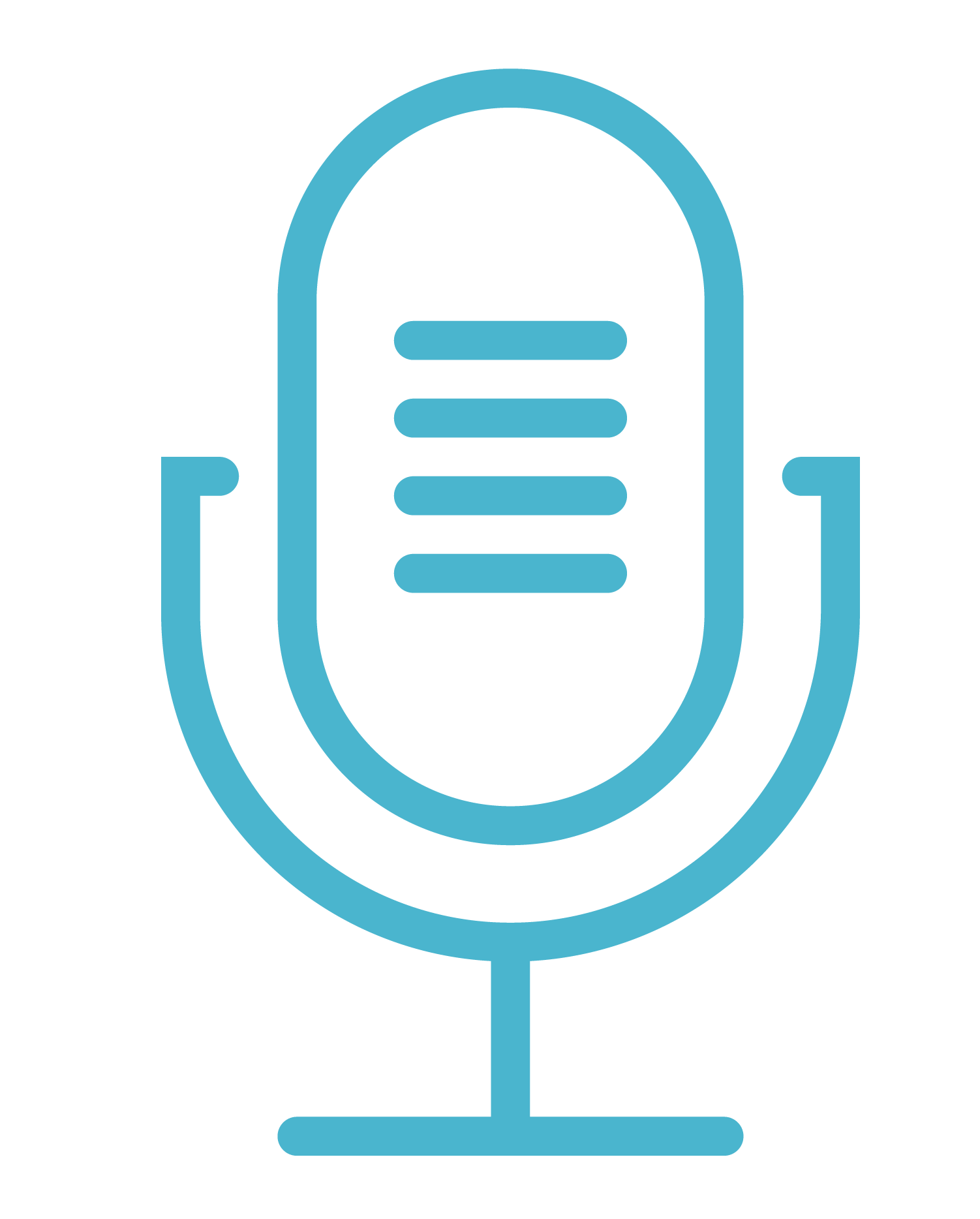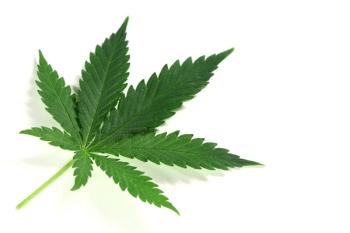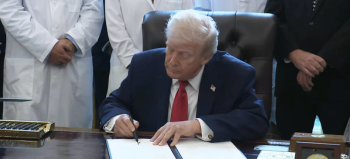
Empowerment through Education, Part III: ‘It’s Not Food Science, It’s Cannabis Science'

Join us for part III of this multipart interview series as we go in-depth into the accomplishments and goals of the non-profit, Cannabis Patients Pacific Northwest.
In Part III, Jeremy Robbins and David Benedicktus share some examples of the impact they've made over the years through leading educational classes, support groups, and dispensary tours, plus future ways their nonprofit,
Catch up on past interviews or watch the whole series!
Read a partial transcription of the interview below.
Madeline Colli: Can you tell us about Cannabis Patients Pacific Northwest (CPPNW) and why it was created?
Jeremy Robbins: What I was doing was, I was already networking and trying to figure out how people that live in our local area, in our kind of grassroots way, could connect and find greater access. Medical marijuana in the state of Washington is a little dispersed in the sense that we have the Puget Sound area, the Seattle area, where there's the greatest population concentration and also the greatest number of patients and users. Up in the sound area, there's a lot of options. There were a lot of patient resources, resource groups, there were patient dispensaries that had opened pre-legalization and there was just a lot more going on. We live 150 miles south of all that, and it's kind of a little bit of a desert here. And so, like, you know, there were cannabis delivery services, but there were no brick and mortar places. And there was no place where people can kind of get together and socialize and talk about cannabis. And so I was actively seeking out groups of people that were involved with that sort of stuff. And I had been involved in Portland. But I really wanted to focus here in southwest Washington and so I happen to meet farmer Tom. Kind of through the webs of cannabis, the big webs that they are and former Tom was actively going up to the legislator to do advocacy work on a pretty regular basis. He was going to farmers markets in Olympia to sell direct to patients and he kind of took me under his wing and we started this momentum, but didn't really have like this kind of this formal model of educating people. We've all been involved in, in education in one way or the other teaching classes and/or by showing people how, you know to grow things or to extract things and so it kind of fell in with our ethos anyway. Then the key component really was finding David, who had already done kind of the groundwork to get into the cannabis program that David offered really was one of the very, very first ones in the nation. And even above and beyond that, being offered in a community setting at a community college was really unique and so I hopped on it, I signed up for the first class and then you know, we started talking and, and found out that it would be really great to collaborate together and that just led to bigger and better ideas. I think the peak was when we had probably like close to 30 people that would come to my home, to my living room, and we you know, we were meeting and talking about cannabis and you know, a very exciting but also not, we didn't really have the space and the infrastructure that we wanted. And so yeah, that just led to more conversations. In really figuring out how we could use a nonprofit model to organize this group and to continue to educate outside of the community college setting where we were having a lot of success, but also could only really, you know, each term was kind of the limited duration. We wanted to do things all of the time.
The other thing is we started at least I started having people kind of come out of the woodwork and so I was at the county fair at a cannabidiol (CBD) booth. And I met a woman that had cancer, and she thought that she was going to cure her cancer using CBD products, which there's some research around. There's more research around using tetrahydrocannabinol (THC) products to cure cancer. But that didn't. That didn't that didn't matter. This was a woman that was genuinely seeking help and needed support and didn't know where to go, didn't know how to get information. I became kind of her de-facto caregiver. I gave her a full RSO or FECO treatment, that that protocol, that 60 day protocol of a gram a day of FECO and, she came to a couple of meetings, which was great because you know, that's the other thing that David and I have is our background in mental health. We can run support groups, we can run groups around people that have experienced loss and are trying to figure out where to go and so the support part of it. It was just as important as the medication part of it. And so yeah, that was going on.
That first protocol didn't work for her and so I gave her a second protocol. And we had some really great conversations and I said, “you know, it doesn't seem like this is working for you. Although I wish it was the silver bullet. It isn't and so, you know, I think you need to work with your doctors and figure out what the game plan is.” She ended up having to have chemotherapy and radiation and surgery. But I can tell you today she is cancer free and she's leading a great life. She lives 50 miles away from me. She's got grandkids, she's super involved. She is a great Christian and that was a really big part of her recovery too. I just rose to the occasion, and we just rolled with whatever came up and offered her support. It was really well received. And so what that told me, her husband was really indebted to me. Yes, so that just that just told me you know, this is legitimate. We are on the right path. We can do this for more people. This can make a bigger, bigger impact. And so let's grow this. Let's figure out how we can how we can make it even better and so with the careful guidance of our board, we have had a rock star board, we've had really good people and really good OG’s, some wise, some wisdom, and good direction and so they shepherded us into how to apply for this stuff, how to have all the financials and all that sort of stuff. I am extremely proud of the fact that we that I'm a co-founder of a nonprofit with David and that we continue to grow and figure out how we're going to make an impact in this cannabis space. I still think you know, education, access, and normalization which are kind of our key things are really legit and they continue to hold all that legitimacy even as we are 10 years past legalization here in Washington State. And so I think our future is open I don't think we're, we're quite sure which direction we're gonna go. But it's been really, really exciting to get to this point and to have made a big impact already.
Newsletter
Unlock the latest breakthroughs in cannabis science—subscribe now to get expert insights, research, and industry updates delivered to your inbox.




